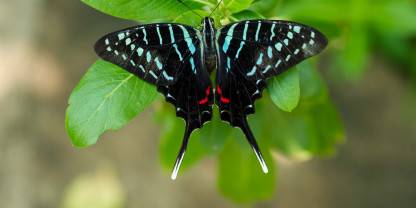Safety
In our opinion, Arabuko Sokoke Forest Reserve is a very safe destination, especially if visited on an organized tour. For current information about safety and traveling in Kenya, please check the travel advisories (see the ‘Governments’ Travel Advice for Kenya’ link below).
- General Travel Safety Precautions
- Cities & Urban Areas: Safety Precautions
- Safety & Security – Kenya
- Governments’ Travel Advice for Kenya
Malaria & Vaccinations
Seek advice from your doctor about vaccinations before coming to Kenya. Arabuko Sokoke lies in the coastal region of Kenya and malaria is present. It is advisable to take antimalarial medication. Other precautions include covering up in the evening and using mosquito repellent (those containing DEET are most effective). Malaria risk is highest in the peaks of the rainy seasons from April to May and October to November.
Wildlife Viewing
Wildlife viewing in Arabuko Sokoke is very safe. Elephant and buffalo densities are low, and forest walks are only allowed with a guide who will be alert to the presence of large animals and know how to deal with an encounter. There are snakes in the reserve, so hikers should stay on the trails to avoid being bitten. Encounters are rare though. For more information, please read the 'Wildlife Viewing Safety Precautions' below.

